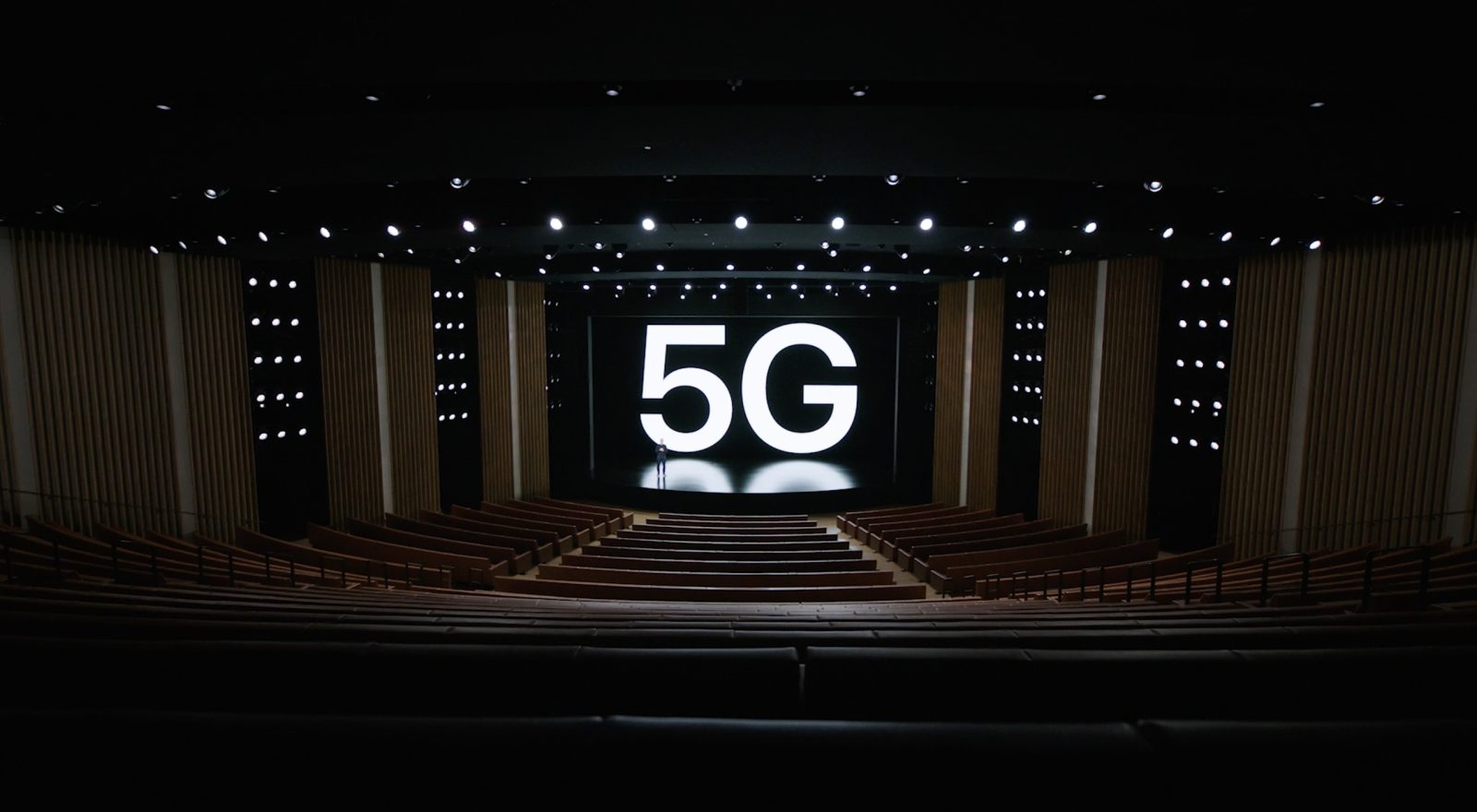
Apple has announced a major new partnership with Broadcom, one of its long-time supplier partners. This new partnership, which Apple says is a “multibillion-dollar deal,” will see Broadcom develop and build a number of key 5G radio frequency components in the United States.
In a press release on Tuesday, Apple announced:
Today Apple announced a new multiyear, multibillion-dollar agreement with Broadcom, a leading U.S. technology and advanced manufacturing company. Through this collaboration, Broadcom will develop 5G radio frequency components — including FBAR filters — and cutting-edge wireless connectivity components. The FBAR filters will be designed and built in several key American manufacturing and technology hubs, including Fort Collins, Colorado, where Broadcom has a major facility.
Apple says that it already helps support more than 1,100 jobs at Broadcom’s FBAR filter manufacturing facility in Fort Collins, Colorado. The partnership with Apple will allow Broadcom to “continue to invest in critical automation projects and upskilling with technicians and engineers.”
Apple says that this investment is being made as part of the company’s 2021 announcement to invest $430 billion in the US economy over five years. As it stands today, Apple says it is “on pace to meet its target through direct spend with American suppliers, data center investments, capital expenditures in the U.S., and other domestic spend.”
The deal with Broadcom comes as Apple continues to develop its own in-house technology for things like Bluetooth and Wi-Fi components. Doing this will allow Apple to reduce its reliance on components from companies such as Broadcom. Apple, for instance, is reportedly developing a combo Wi-Fi and Bluetooth chip that could debut as soon as 2025.
Apple has also been working on its own versions of other iPhone components, such as radio-frequency chips and wireless charging components, which are currently supplied by Broadcom.
Back in 2019, it was rumored that Apple was in the running to acquire Broadcom’s radio-frequency, or RF segment of its wireless chip business. Nothing ultimately came of these rumors and Broadcom eventually opted not to sell the business.
Follow Chance: Twitter, Instagram, and Mastodon
FTC: We use income earning auto affiliate links. More.




Comments